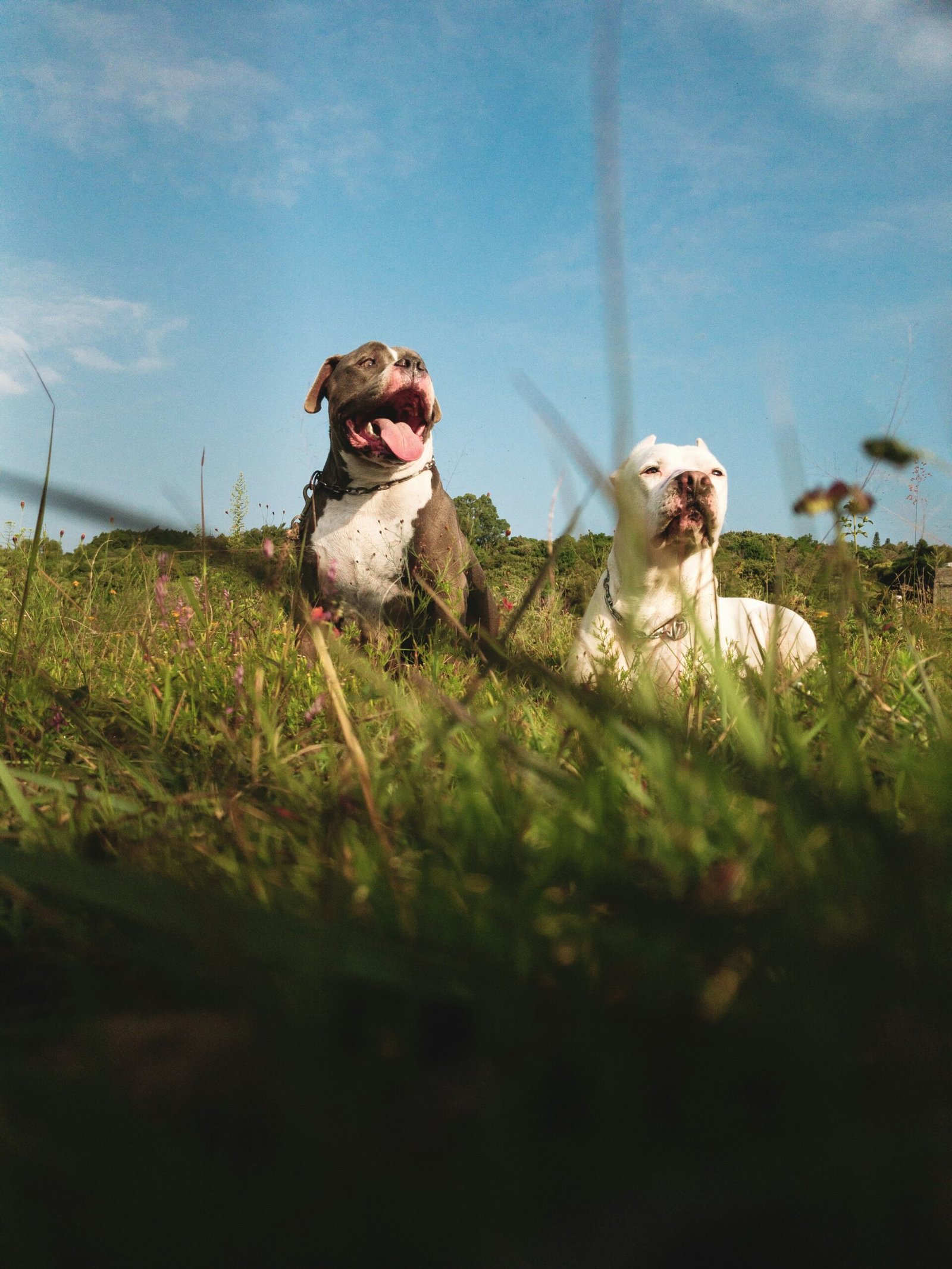The Best Food for Pitbulls: A Guide to Keeping Your Pup Healthy and Happy
December 12, 2023 | by myfirstpittie.com

Introduction
As a Pitbull owner, you want to ensure that your furry friend is getting the best nutrition possible. Choosing the right food for your Pitbull is crucial for their overall health and well-being. In this blog post, we will explore the best food options for Pitbulls, taking into consideration their specific dietary needs and preferences.
Understanding the Nutritional Needs of Pitbulls
Pitbulls are energetic and muscular dogs that require a well-balanced diet to support their active lifestyle. When it comes to their nutritional needs, Pitbulls thrive on a diet that is high in protein and fat. This helps them maintain their lean muscle mass and provides them with the energy they need to stay active.
1. High-Quality Protein Sources
When choosing the best food for your Pitbull, look for options that contain high-quality protein sources, such as chicken, beef, or fish. These protein sources are not only delicious for your pup, but they also provide the essential amino acids they need for muscle growth and repair. Avoid foods that list meat by-products or fillers as the main ingredients, as these do not offer the same nutritional value.
2. Healthy Fats
Fats are an important part of a Pitbull’s diet, as they provide a concentrated source of energy. Look for foods that contain healthy fats, such as salmon oil or flaxseed oil. These fats not only help keep your Pitbull’s coat shiny and healthy, but they also support their joint health and brain function.
3. Whole Grains and Vegetables
While Pitbulls thrive on a high-protein diet, it’s also important to include whole grains and vegetables in their meals. These provide essential vitamins, minerals, and fiber that contribute to their overall well-being. Look for foods that contain ingredients like brown rice, sweet potatoes, and carrots to ensure a balanced diet for your pup.
4. Avoid Common Allergens
Some Pitbulls may have food sensitivities or allergies, so it’s important to be mindful of common allergens when selecting their food. Ingredients like corn, soy, and wheat are known to cause allergies in dogs. Opt for grain-free options or foods that use alternative grains like quinoa or barley to minimize the risk of allergies.
5. Consider Your Pitbull’s Age and Activity Level
When choosing the best food for your Pitbull, consider their age and activity level. Puppies require a diet that is specifically formulated for their growth and development, while adult Pitbulls may benefit from foods that support joint health and weight management. Consult with your veterinarian to determine the best food options for your Pitbull based on their unique needs.
Conclusion
Feeding your Pitbull the best food is essential for their overall health and happiness. By choosing high-quality protein sources, healthy fats, and incorporating whole grains and vegetables into their diet, you can ensure that your Pitbull is getting the nutrition they need. Remember to consider any allergies or sensitivities your pup may have and consult with your veterinarian for personalized recommendations. With the right food, your Pitbull will thrive and enjoy a long, healthy life by your side.
So, what are you waiting for? Start exploring the best food options for your Pitbull today!
